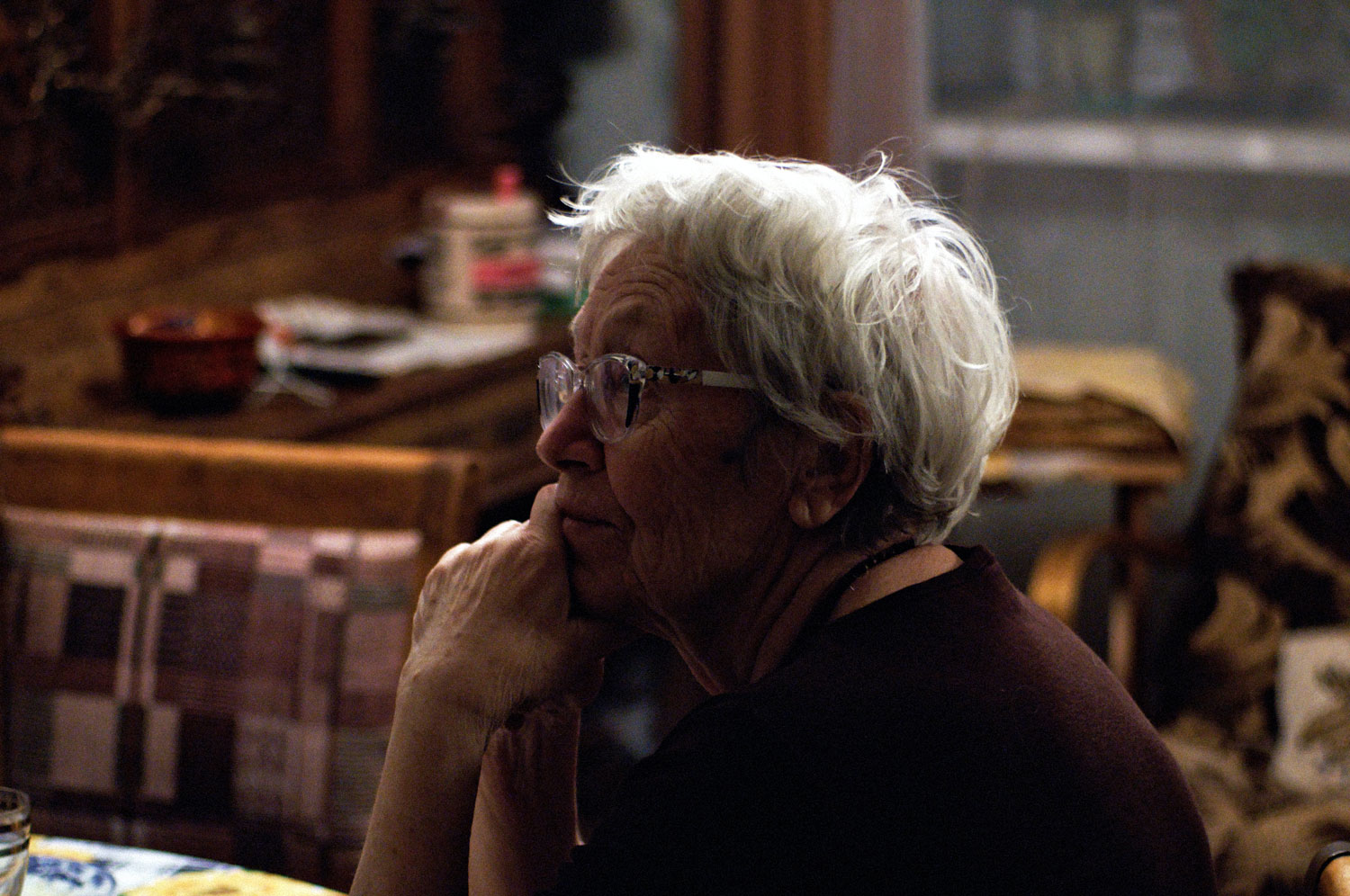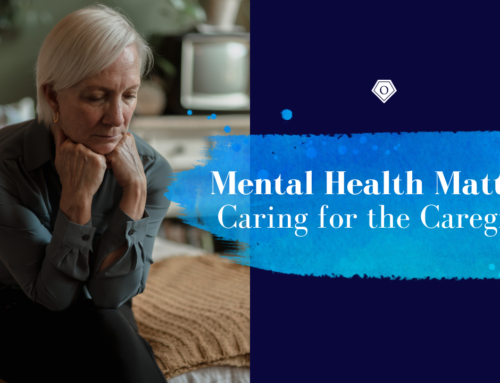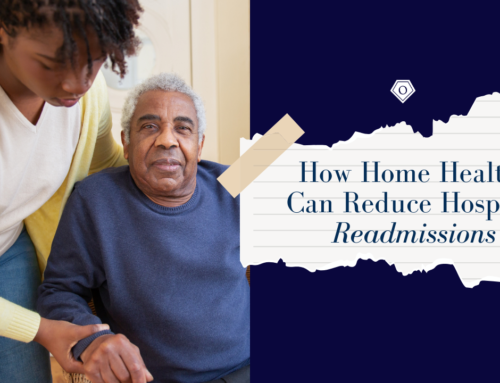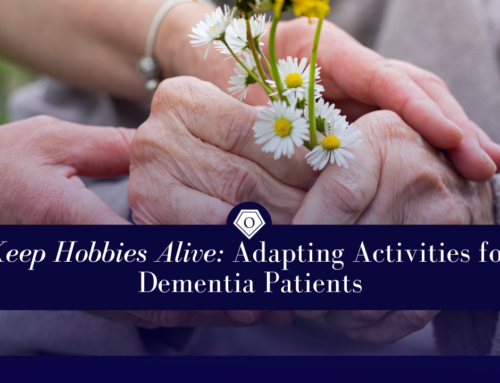Roughly 1 in 3 adults provide care to other adults as informal caregivers. For example, a family caregiver might be a spouse/partner, adult child, extended family, or friend.
Caregiving, while rewarding, is also highly stressful for an informal caregiver and can become a significant burden as the needs of the patient increase.
Common factors that increase caregiver stress and burnout:
- Living with the person you care for
- Social isolation
- Anxiety/depression
- Financial difficulties
- A high number of hours spent caregiving
- Lack of choice in being a caregiver
- Lack of coping skills or difficulty solving problems
- Family dynamics
Over time, the major shift in roles can take an emotional toll. It is natural to feel angry, frustrated, exhausted, alone, or sad. While caregiver stress is common, it’s essential to pay attention to warning signs of burnout.
Caregiver burnout warning signs:
- Unusual weight loss or weight gain
- Getting too much sleep or not enough
- Less patience and more anger
- Loss of interest in hobbies or activities you used to enjoy
- Abusing drugs or alcohol
- Frequent headaches, body pain, or other physical problems
- Feeling tired often
- Constant feeling of overwhelm or worriedness
- Neglect of personal doctor’s appointments
The emotional and physical demands of caregiving can be challenging for even the most resilient person. Family caregivers must get as much support as possible and arm themselves with information. You cannot pour from an empty cup.
Ten ways to combat caregiver burnout:
- Know what you can and cannot do for your loved one
- Join a support group – online or in-person
- Ask for help – family or home health care
- Stick to a personal care routine
- Keep your personal doctor’s appointments
- Do not neglect your physical health
- Make time for hobbies
- Stay social and plan personal outings with friends
- Educate yourself about the situation – knowledge is power
- Simplify communication to alleviate stress
You are not alone. If you are experiencing signs of caregiver burnout, the first thing you can do is get information on additional help and join a caregiver support group where you can openly share your struggles with people experiencing similar challenges.
Don’t wait to ask for help.
Choosing long-term care is a burden that often falls to adult children and family caregivers. Our team is here to support you throughout the journey. Download our booklet to explore options that are right for your aging loved one and family. Download the booklet here.
AARP Caregiver Support Line
Agents are available to take calls Monday-Friday, 8 a.m. to 8 p.m. ET at 1-877-333-5885. The support line is also available in Spanish, at 1-888-971-2013.
They can also provide referrals to the government’s Eldercare Locator, state and federal agencies serving caregivers and older Americans, the Alzheimer’s Association and the Parkinson’s Foundation.
AARP also has an online caregiving community where caregivers can join, for free, to talk with other caregivers and get answers from experts in the community. Facebook users can visit the AARP Family Caregivers Discussion Group to connect, share stories and get answers to caregiving questions.
You don’t have to be an AARP member to call the support line or join the online communities. We’re here to help.
24/7 Suicide Support Line
Call or text 1-800-273-8255. The Lifeline provides 24/7, free and confidential support for people in distress, prevention and crisis resources for you or your loved ones, and best practices for professionals in the United States.






